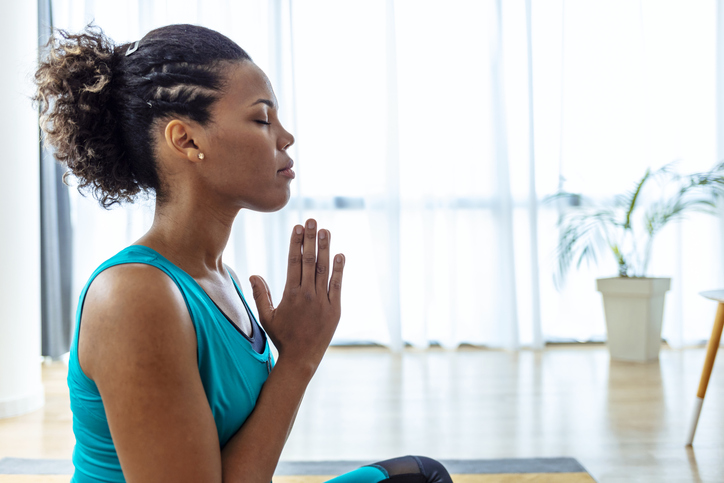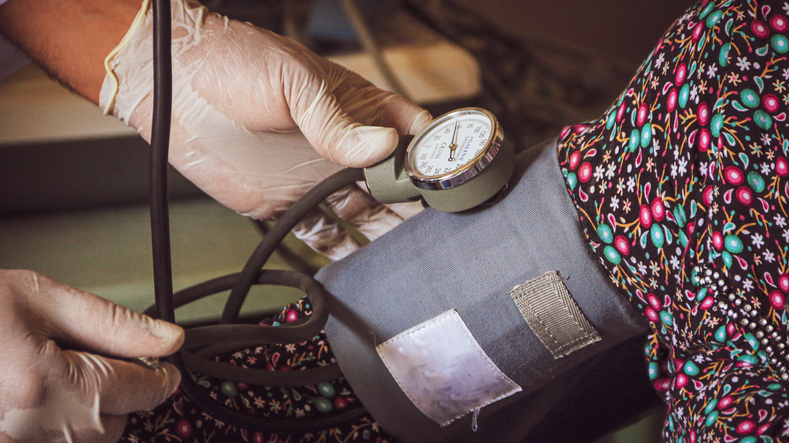
Source: ljubaphoto / Getty
Breathing is something it’s easy to take for granted. Many think of it as a thing that just happens, like blood cells clotting or your hair growing. And while that’s true to some extent, breathing is different in that we can control the way it is done – which can’t be said about many other bodily functions.
There’s something else that’s special about breath — we can use it for so much more than just getting oxygen into the body. It isn’t just our literal life force but it’s also a force for many other things, including emotional and mental experiences. If you look up some focusing and relaxation techniques of figures you admire, from singers to athletes to politicians, you’ll likely find that deep breathing is somewhere in their repertoire. It can be hard for some to believe that something as simple as breathing – something we do without even thinking and literally in our sleep – could change one’s life, but it can. It puts one in touch with their mind and body in a way that people don’t have the chance to do while running around, carrying about their busy lives — and it’s totally free. Let’s take a look at some of the benefits of deep breathing.

Source: Mohammad Bashir Aldaher / EyeEm / Getty
Improve blood pressure
When someone with blood pressure issues is getting worked up, you often see a loved one pulling them aside, suggesting they step away, count to ten, and take deep breaths before reengaging. This isn’t just to stop them from doing something that they regret. Deep breathing allows for the healthy exchange of new oxygen for old carbon dioxide, which helps stabilize blood pressure.









